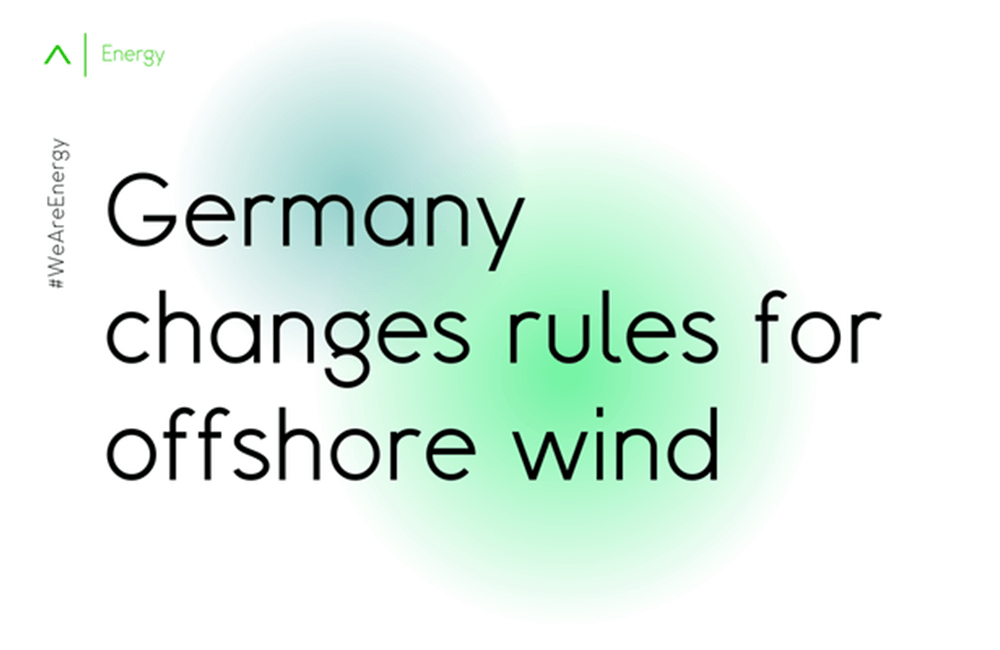Germany changes rules for offshore wind
26 Oct, 202210 minsThe German Bundestag has passed an amendment of the Wind Energy at Sea Act (WindSeeG) that s...

The German Bundestag has passed an amendment of the Wind Energy at Sea Act (WindSeeG) that sets new rules for offshore wind tenders, including “negative bidding” and qualitative criteria for decarbonisation, workforce, supply chain, and green hydrogen production.
The new rules create a two-track auction system, where sites that are pre-surveyed by state authorities are auctioned separately from those that are not.
In Germany’s next two offshore wind auctions, in June and August 2023, bidders will be awarded 40 points for qualitative criteria and 60 for the bidding price. Criteria include the use of green electricity in turbine production, education and training, green hydrogen production, biodiversity and nature protection, and the conclusion of a power purchase agreement.
Auctions for non-pre-developed sites will be based on price only and allow for negative bidding, with no upper limit on how much developers can bid to pay.
But industry organisations BWE, BWO, Stiftung OFFSHORE-WINDENERGIE, VDMA Power Systems and WAB have released a joint comment criticising the new tender design and warning that consumers and the wind industry supply chain will be forced to pay the costs of negative bidding. The comment called for negative bidding to be removed or capped.
WindEurope pointed out that all five of the wind turbine manufacturers are operating at a loss because of the rising cost of raw materials. “The German Government had proposed to introduce Contracts-for-Difference (CfD), a model successfully used by many other European countries,” said Giles Dickson, CEO of WindEurope. “But the German Parliament have now dropped that. And we’re left with a model that allows for uncapped negative bidding. That’s bad. Negative bidding increases the costs for offshore wind. That’s bad for consumers and bad for the wind energy supply chain.”
Germany has been lagging behind other countries on offshore wind, installing no new capacity in 2021 or the first half of 2022. With its offshore wind buildout now picking up, Germany will need to make the system work for everyone in order to achieve its increased targets, said the five industry organisations.
However, they praised the other changes in the new Act, including the increase in hydrogen production from offshore wind. Germany will procure offshore wind power for green hydrogen production from next year through six annual tenders of 500 MW of installed capacity.


